The IFA (International First Aid) course is a 20+ hour first responder course designed to prepare students for the realities of living where medical care can be delayed, unreliable or even unavailable. It offers first aid training that takes into account real-life situations that we all could face, as well as the medical options and resources available here in Bali.
Location: Green School, Bali
Dates/Times: Jalan-Jalan hours - May 11, May 18, May 25, June 15, June 16 (evening), June 22
Sponsor: Green School, Bali
Length: 20+ hours
Tuition: Rp 3,000,000 / USD 210 youth rate.Scholarships are available to Indonesian participants. Register now.
Age: GS Grades 10, 11, 12
Language: This course is held in English and requires strong English language skills.
Why is it called an International First Responder course?
Our WFR/IFR class evolved from a standard Wilderness First Responder curriculum, a set of knowledge meant to give outdoor guides the training they needed to lead groups in wilderness settings. We soon realized that to be relevant in a place like Indonesia, our courses would need to expand to include more topics and many more perspectives.
We frame our hands-on training using scenarios from daily life in Indonesia; snake bites, earthquakes, motorbike accidents, infection, dengue…and we help you to prepare for engaging with a medical system that is often resource-poor. We explore cross-cultural considerations, and support our students in facing their own fears so that they can someday be a resource for others.
Our IFR/WFR offers all the fundamentals of the original Wilderness First Responder within an international framework that helps you put that knowledge to work right where you live, right now.
ABOUT THIS COURSE
The International First Responder training supports communities who want to take responsibility for their own medical chain of survival, one student at a time. It is a 90 hour course for students who live, work or recreate in places where professional medical care is not easily accessible. It is perfect for anyone who lives or works in a developing world setting where medical care can be delayed, unreliable or even unavailable. This course builds community capacity for medical emergencies and disasters. It teaches students how to provide care to a patient in a non-hospital setting, over a prolonged period of time. It is the perfect course for individuals and organisations that are committed to making their community safer and more self-reliant.
IN THIS COURSE YOU WILL LEARN HOW TO…
Conduct a complete medical examination of a patient including taking a patient history, gathering vital signs and doing a head-to-toe physical exam.
Use a patient assessment system to evaluate the initial state of a patient, monitor a patient’s progress and plan ongoing care for 72 hours or more.
Identify and manage a large range of common illnesses, injuries and environmental medical problems.
Use local resources and medical professionals, online research and course materials to support good decision making in the field
Plan for patient transfer to a qualified medical facility and facilitate medical evacuations.
Identify and accommodate some of the unique challenges facing individuals and communities with limited access to advanced medical care.
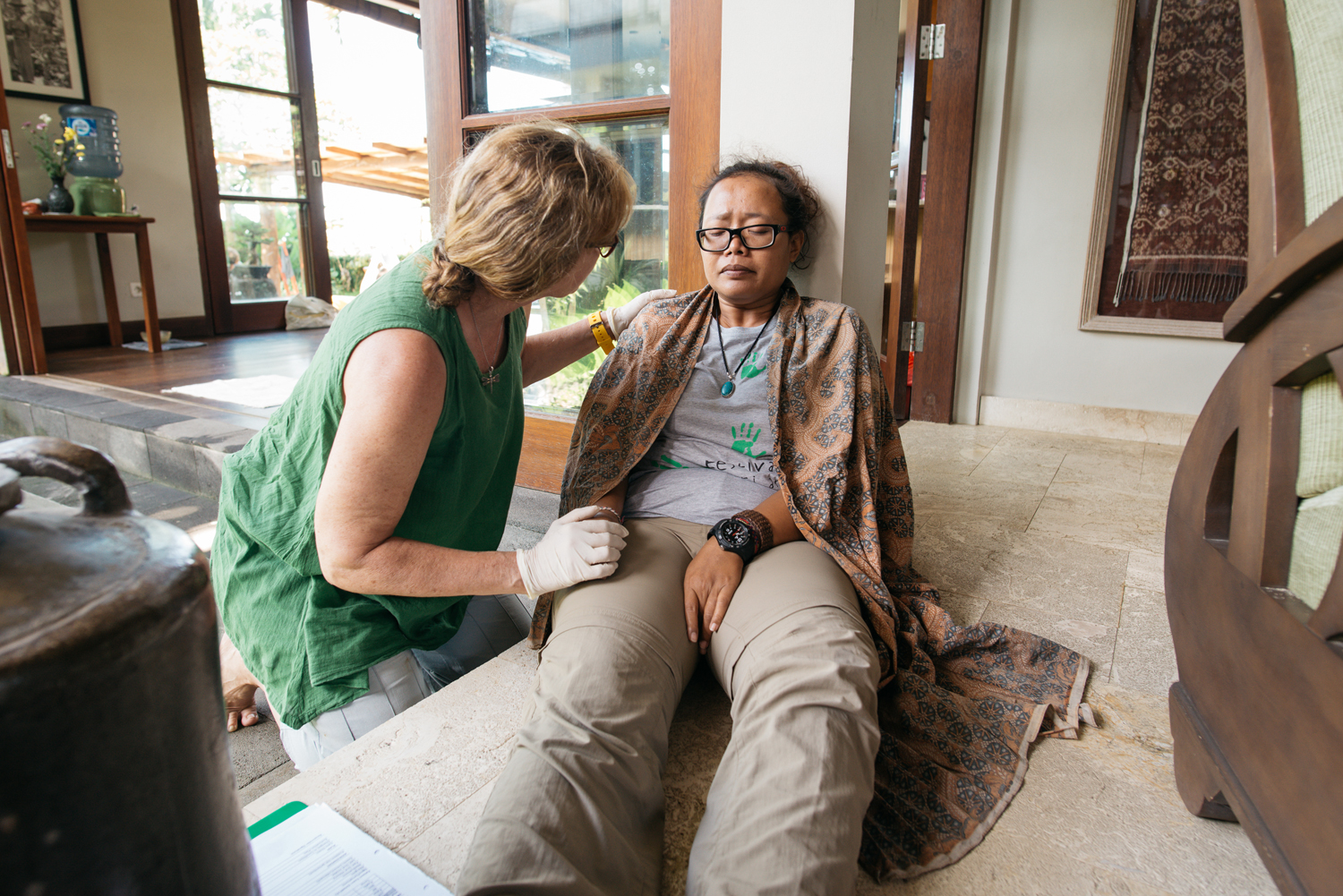

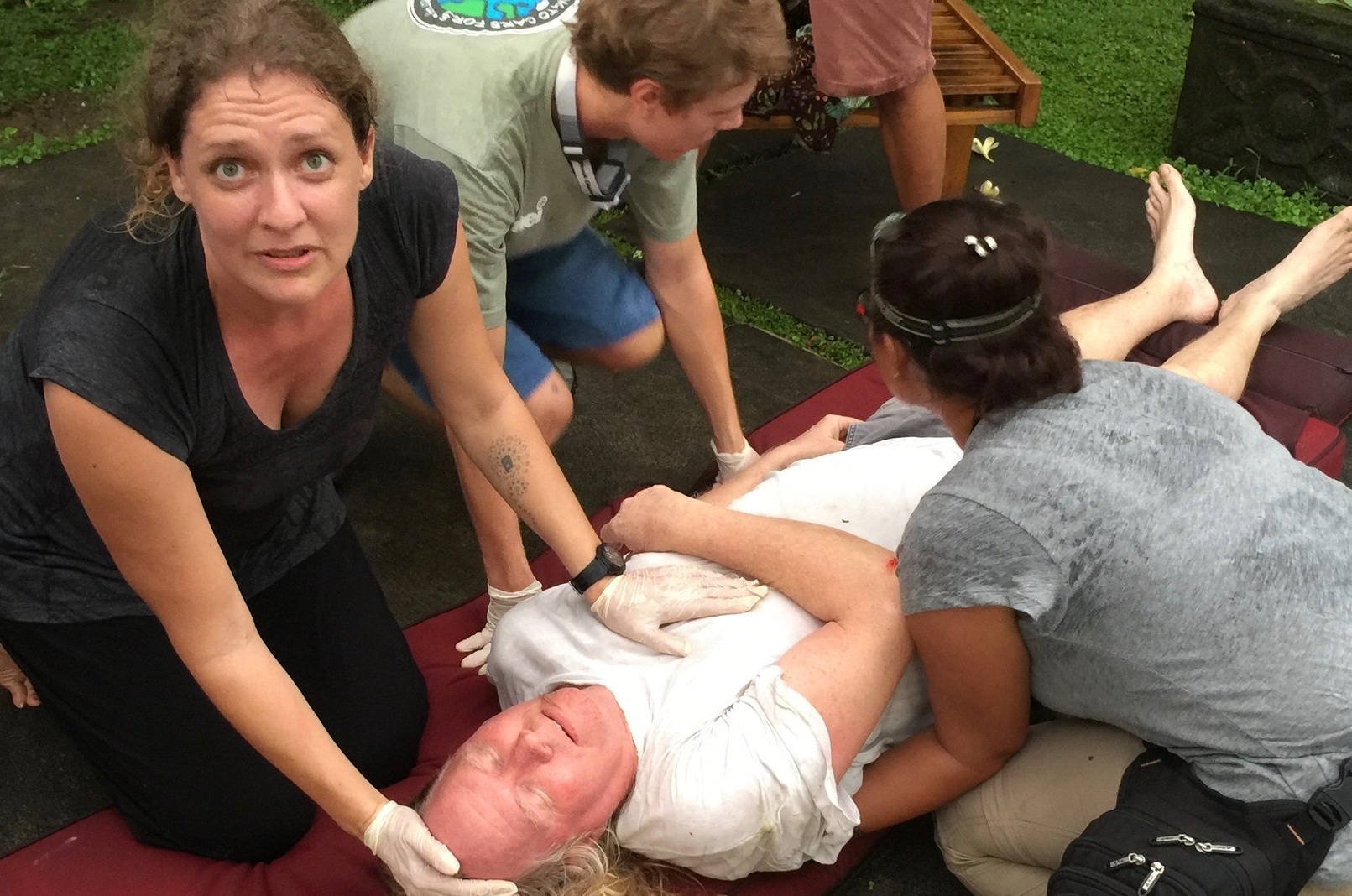
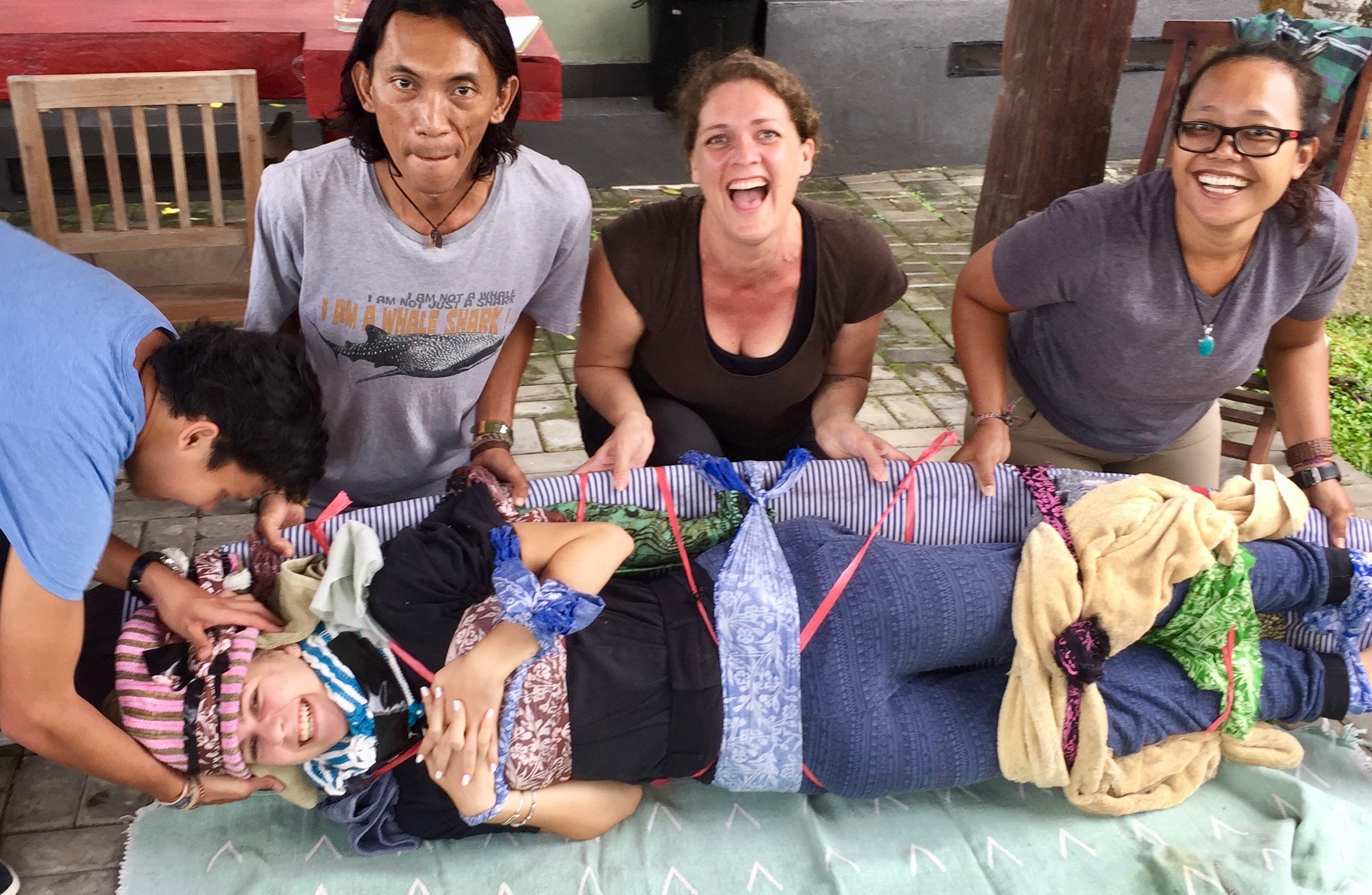
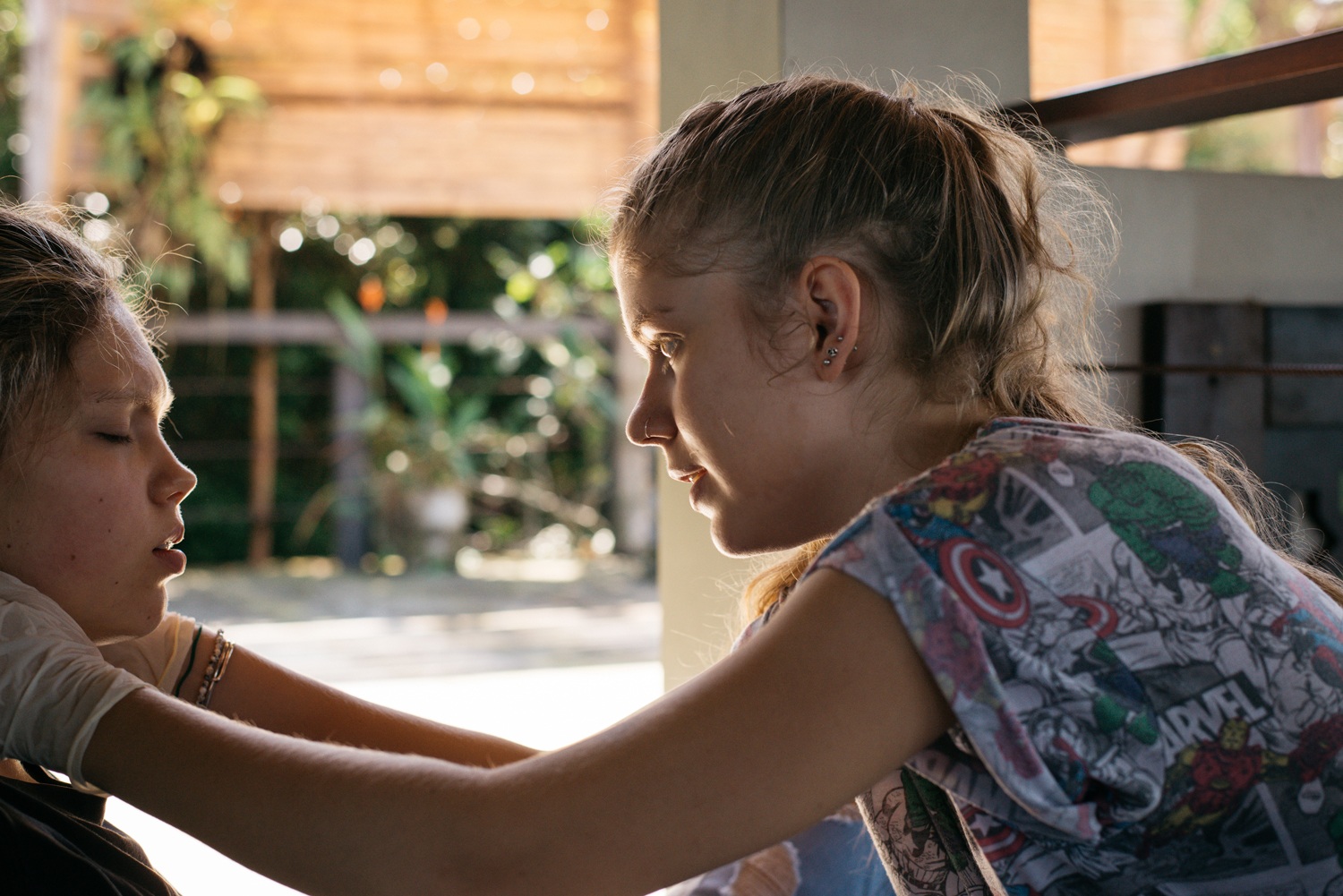
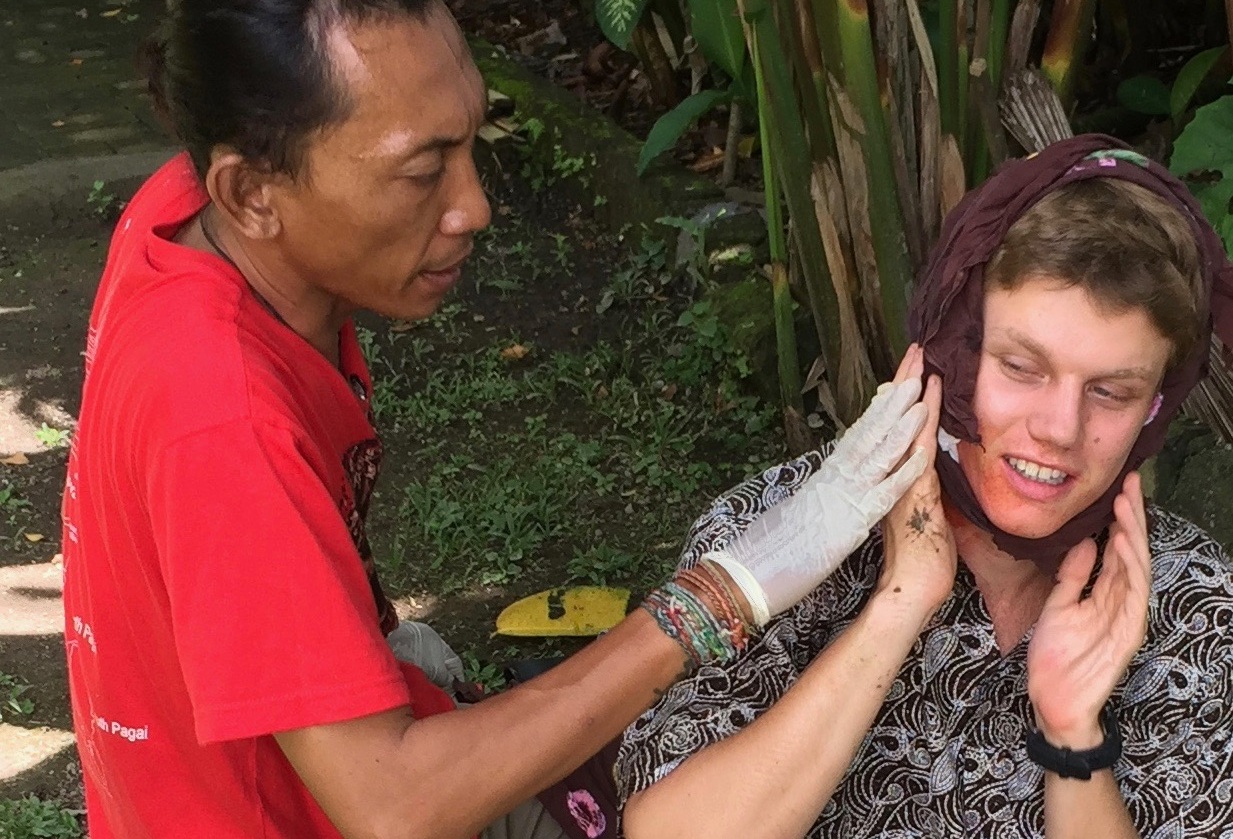
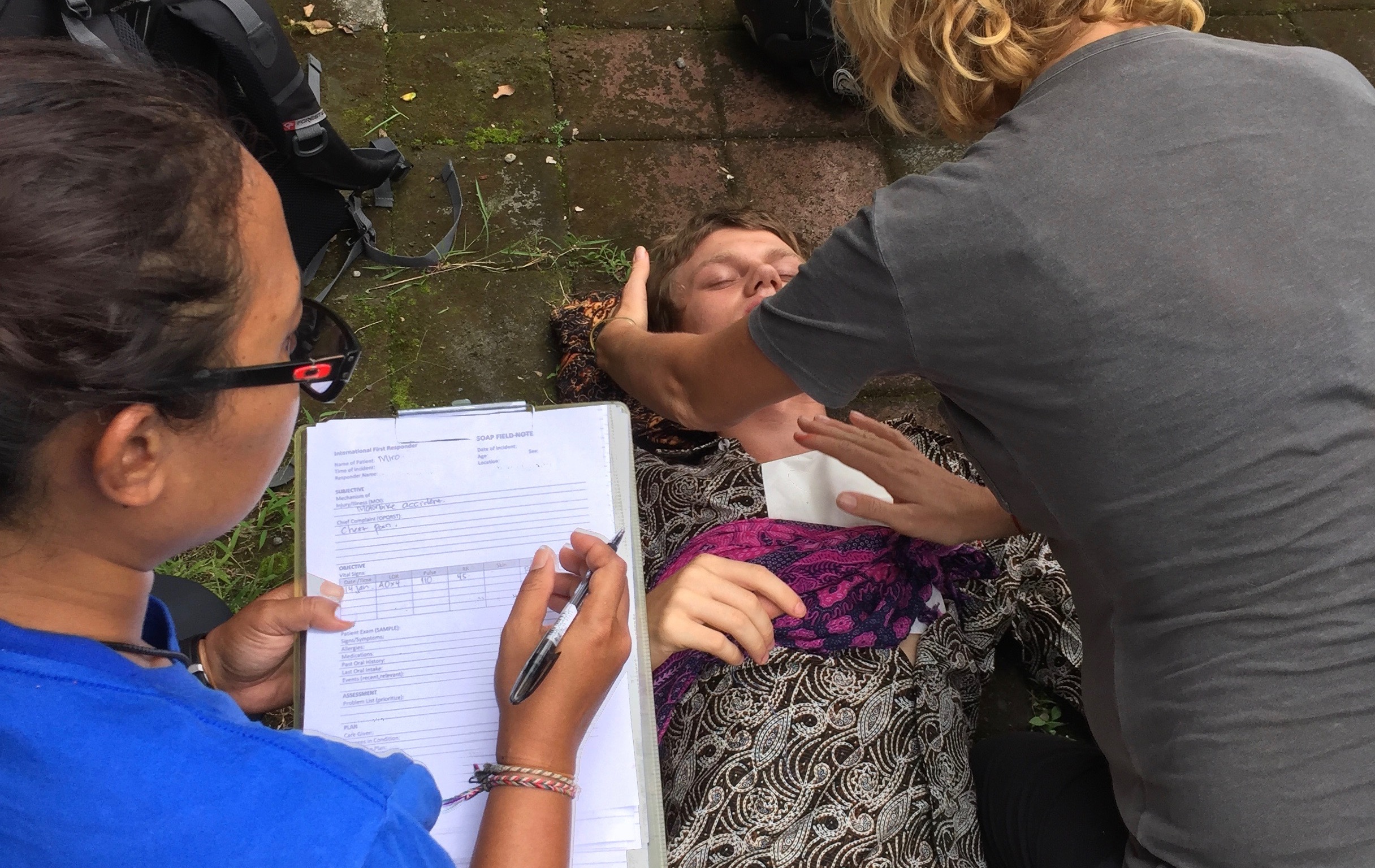
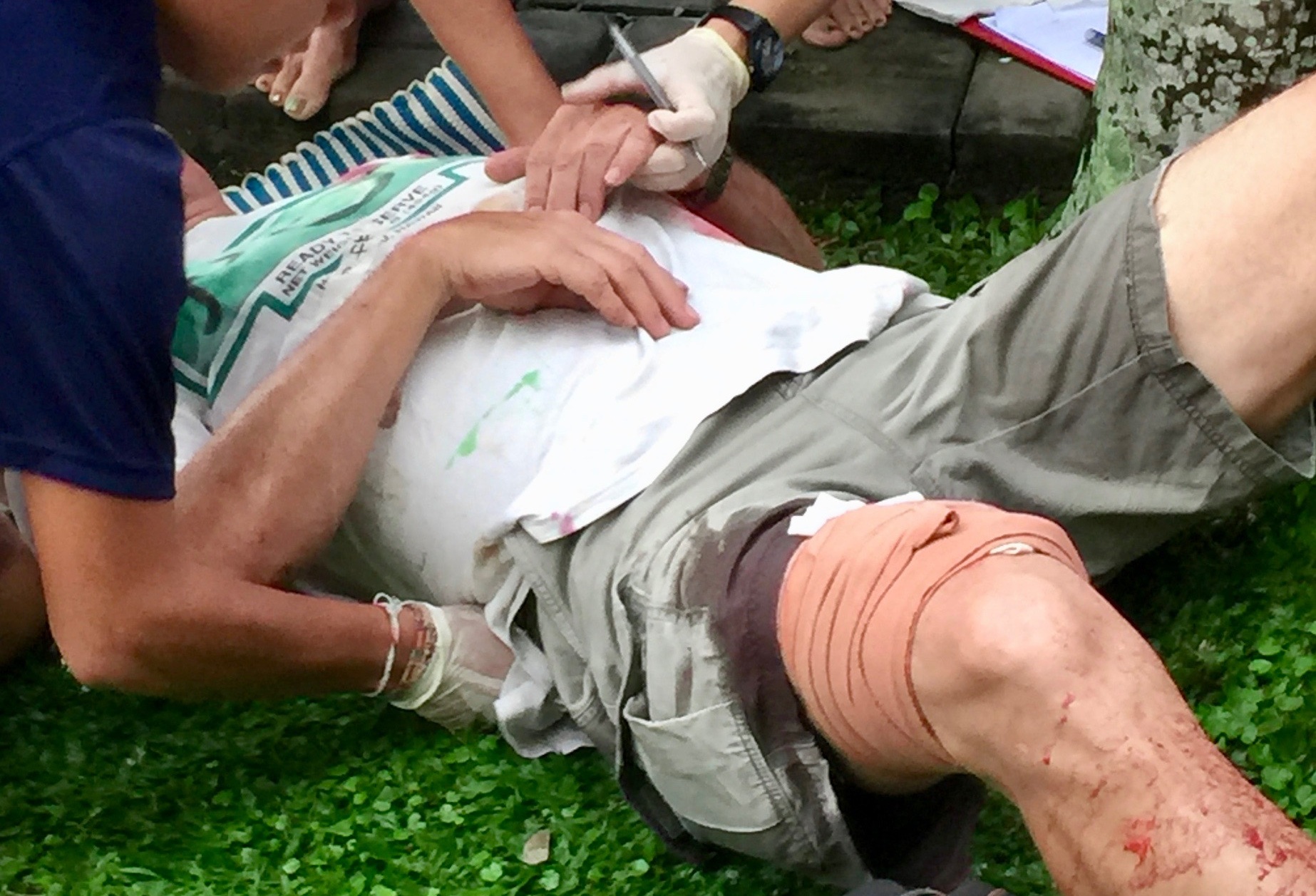
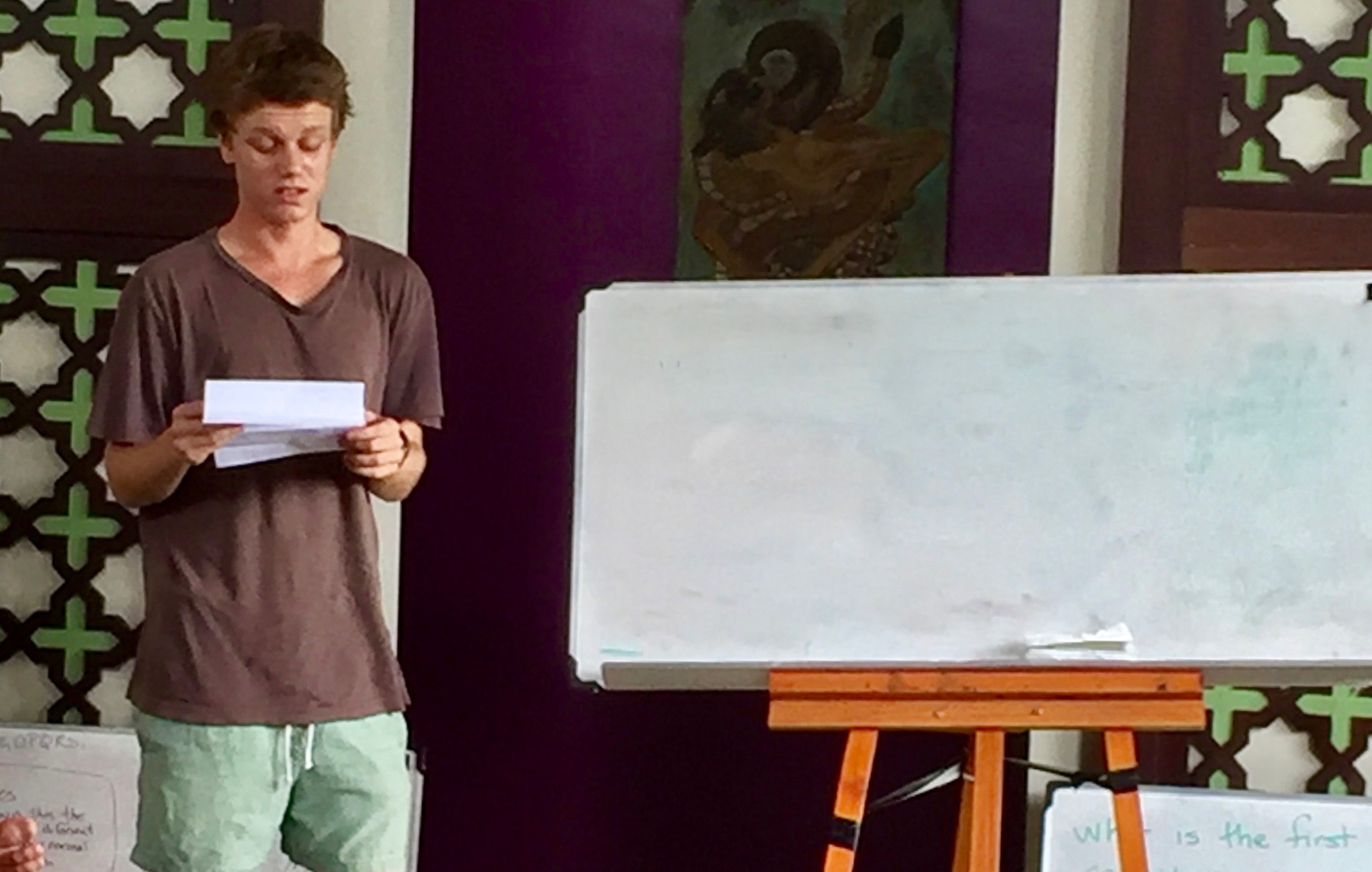
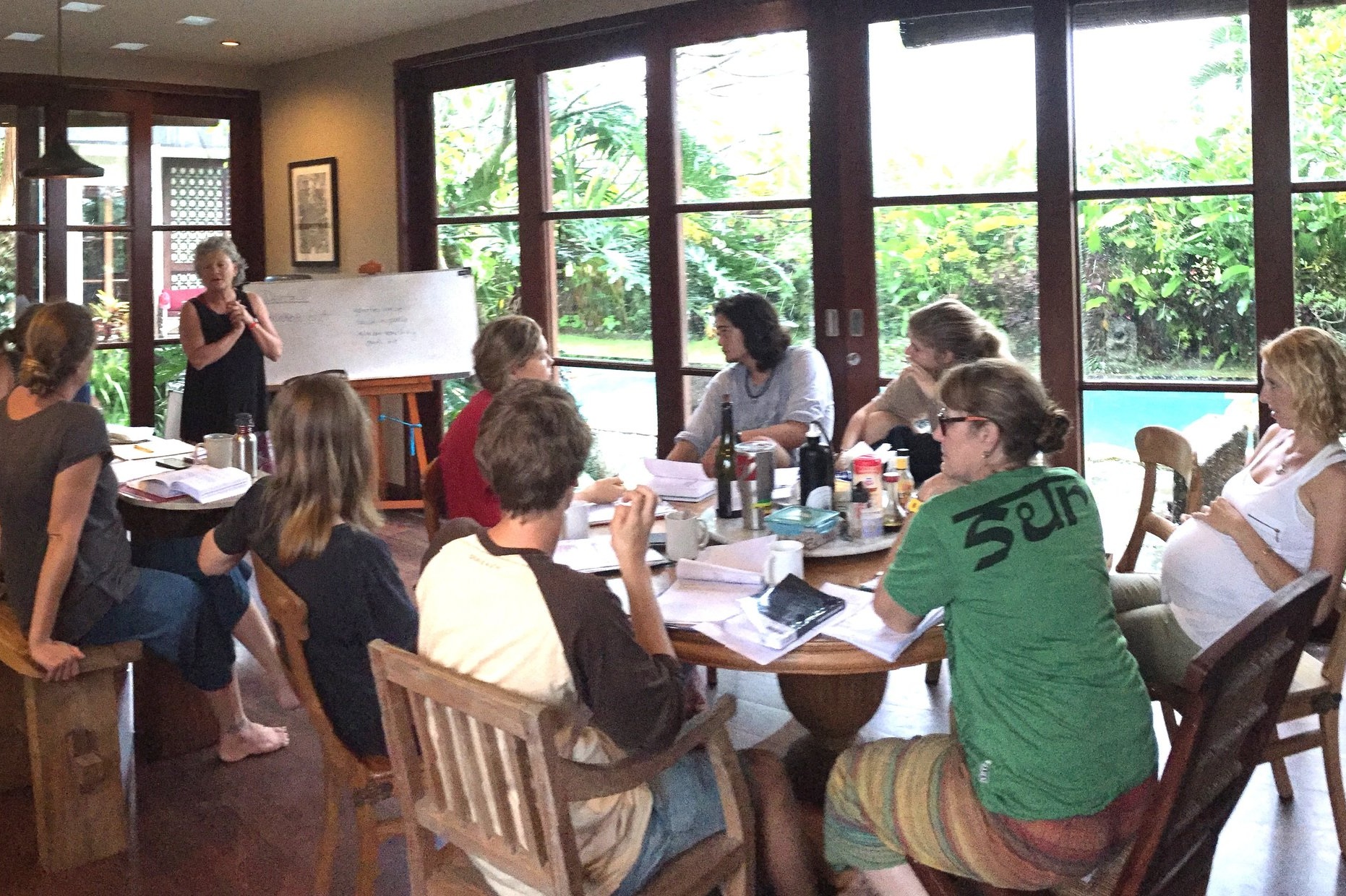
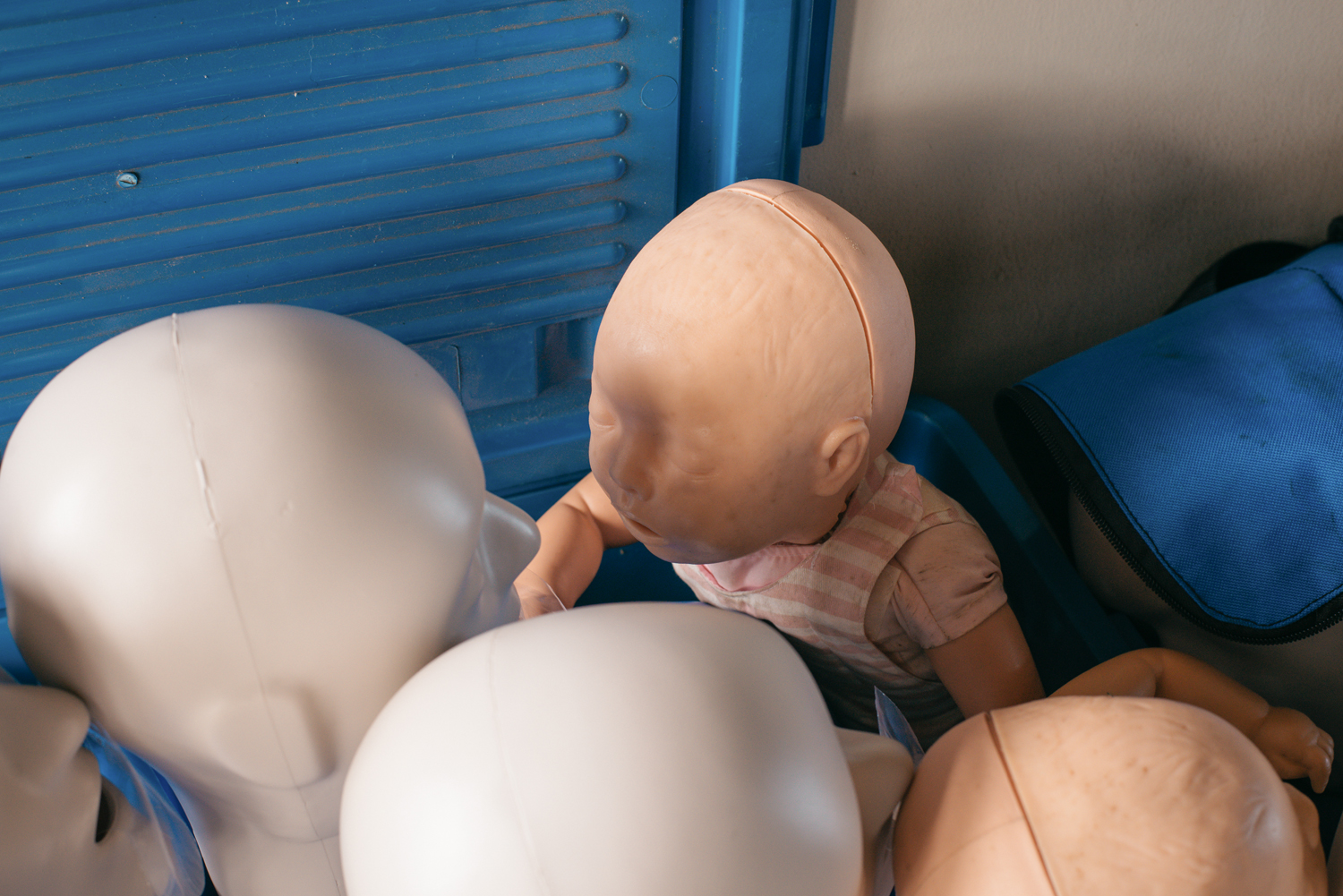
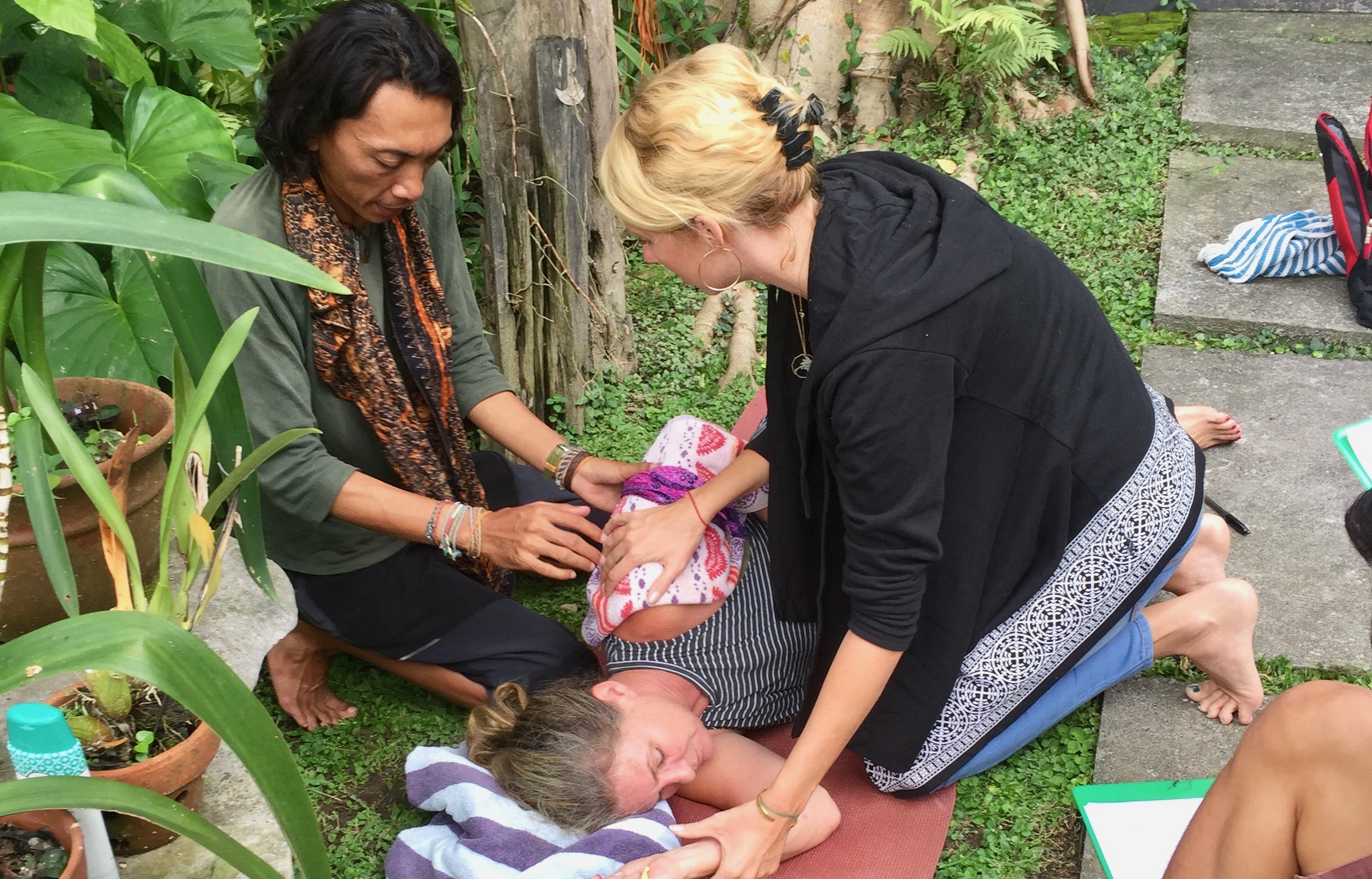
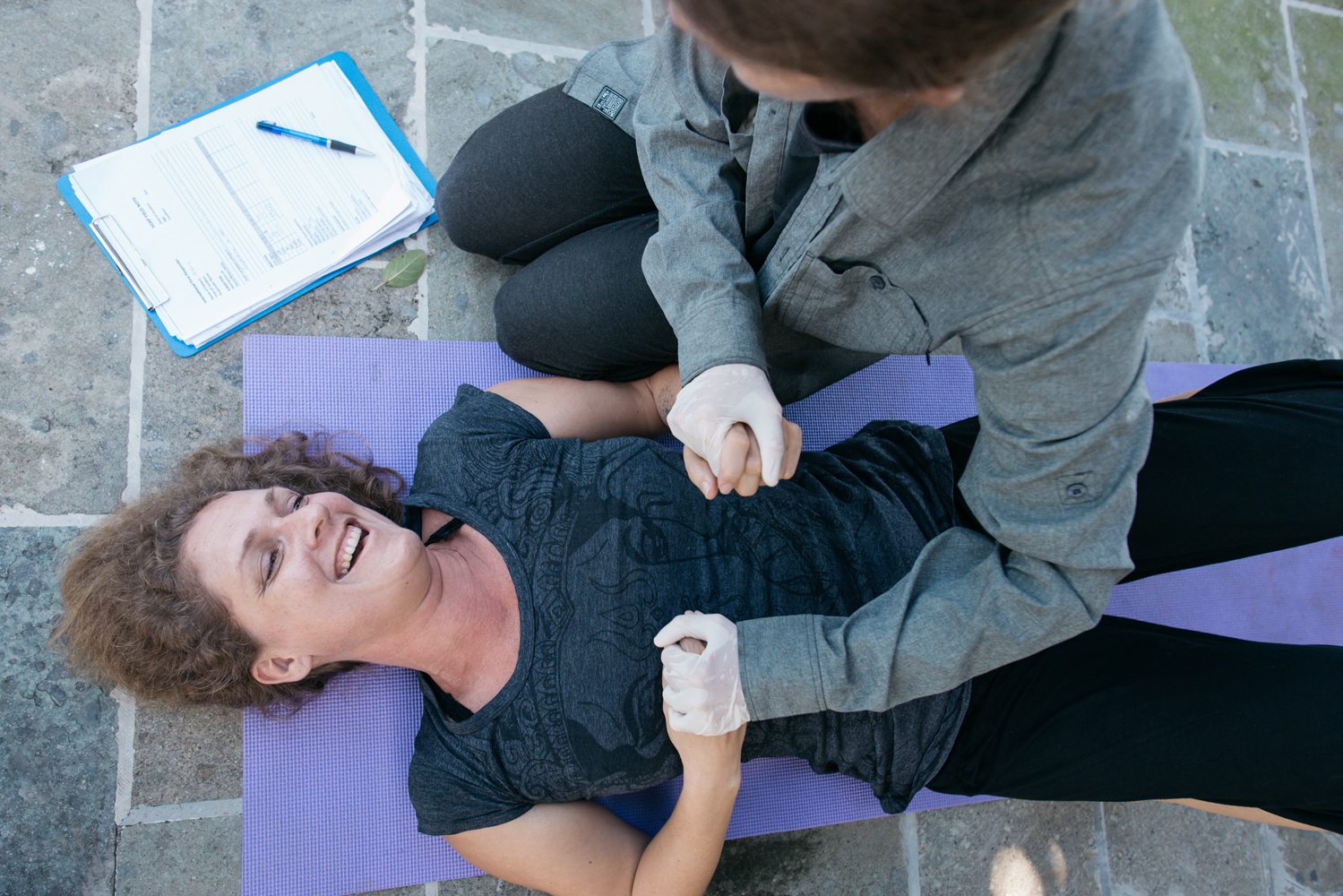
THE TRAINING -
The International First Responder is a fast-paced course designed to maximise retention, helping ensure that you will remember what you need to know in a true emergency. The class includes informative lectures, student researched presentations, skills and knowledge testing and many hands-on scenarios. We use familiar, student-generated examples and local context to reinforce knowledge and promote critical thinking and analysis. This course includes a realistic night rescue scenario and significant time outdoors, regardless of weather conditions. To successfully complete the course and receive certification, students will need to be in attendance for the entire 80 hours of classroom time, fulfil all required assignments and pass all written and physical examinations.
TRAINING MATERIALS -
Our class text is the internationally recognised classic Wilderness First Responder by Buck Tilton. We will be using this book, plus other provided course materials. You will receive a copy of this text upon registration for the class.
PREREQUISITES -
There are no academic prerequisites for this course, but basic first aid training or experience is always helpful. You must be at least 16 years old to receive IFR/WFR certification. Some of the scenario-based instruction will be conducted outdoors on uneven terrain and require exertion and lifting. Participants need to be physically fit and healthy enough to participate in all scenarios.
CERTIFICATIONS -
International First Responder / Wilderness First Responder - The Village Responder IFR exceeds the international curriculum standards and practice guidelines established by the Wilderness Medical Society for Wilderness First Responder certification and is specifically designed to teach long-term primary care in developing world settings. All certifications are current for two years and then require a 24-hour recertification course, available via reciprocity through a variety of providers. Students wishing to receive a WFR rather than an IFR on their certification documentation can indicate their preference on their application form. Laminated certification cards will be issued upon successful completion of the course.
American Heart Association Equivalent BLS CPR - CPR certification will be issued through the American College of Emergency Physicians using American Heart Association guidelines. The course includes a skills practice and testing session conducted in-person with a certified AHA instructor. This certification is recognised internationally and valid for two years. Cards will be issued two weeks after completion of the course.
TOPICS INCLUDE -
Patient Assessment System
Leadership
Teamwork
Communication
Medical Decision-Making
Tropical Medicine
Basic Anatomy & Physiology
Spinal Cord Injuries
Patient Lifting
Litter Packaging
Chest Injury
Burns
Shock
Focused Spinal Assessment
Head Injuries
Strains & Sprains
Fracture Management
Dislocations
Wound Management
Hypothermia
Heat Injury and Hydration
Altitude Illness
Scuba Diving Injuries
Bites and Stings
Lightning
Submersion
CardiacIssues
CPR
Respiratory
Altered Mental Status
Acute Abdomen
Allergies and Anaphylaxis
Diabetes
Evacuation and Emergency Plans
Birth
Mental Health
Urinary and Reproductive Illness
Poisoning
Communicable Disease
Medications and First Aid Kits
Pain Management
Stress and the Rescuer
Splinting
Seizures
Dental Issues
Our Instructors -
Our instructors for this course are WEMTs (Wilderness Emergency Medical Technicians) and most are long-time members of the Green School community. They have extensive first-hand knowledge of the medical challenges facing families living in Indonesia. Please contact us for detailed bios.

